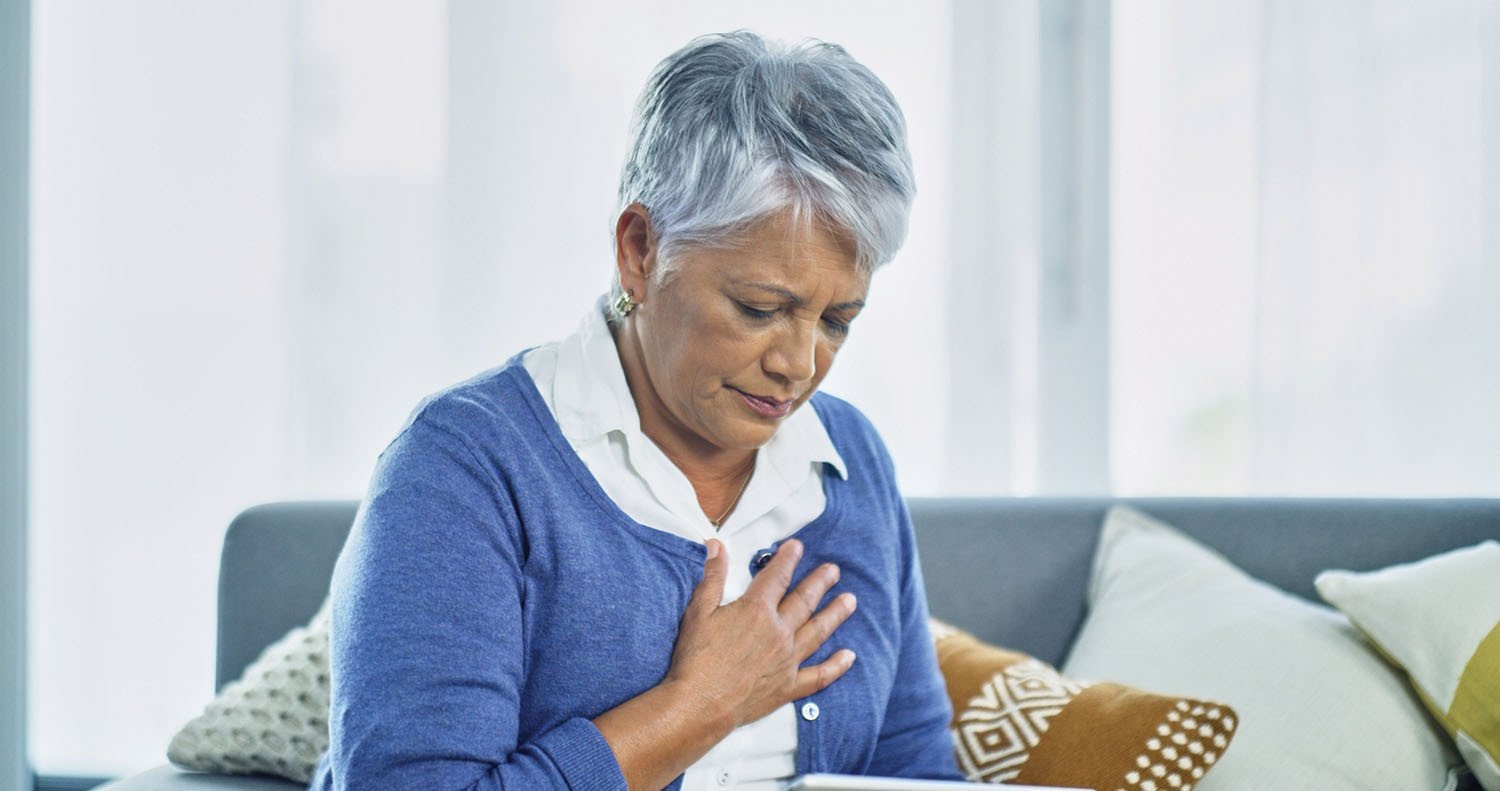Heart attack versus cardiac arrest
Ask the doctor

Q. My grandfather had a heart attack in his mid-70s, but he survived and lived until age 93. My father also had heart disease, but he died of cardiac arrest when he was just 67. What's the difference between a heart attack and cardiac arrest?
A. These two terms often confuse people because they're sometimes used interchangeably. But a heart attack and cardiac arrest are not the same thing.
A heart attack is a circulation problem that happens when a blocked artery prevents blood flow to part of the heart muscle. If the artery isn't reopened to restore blood flow, the heart cells supplied by that artery start to die. Symptoms include intense discomfort in the center of the chest or other parts of the upper body, breathlessness, sweating, and nausea. But the heart continues to beat, and the person remains awake.
In contrast, cardiac arrest is most often an electrical problem that causes the heart to abruptly and unexpectedly stop beating. An electrical misfire causes the heart's lower chambers (ventricles) to flutter or quiver, known as ventricular fibrillation (v-fib). During cardiac arrest, a person suddenly collapses or faints, stops breathing normally, and can't be roused. Other symptoms can include irregular, odd gasping or choking sounds (known as agonal breathing) and twitching muscles.
Most heart attacks do not trigger cardiac arrest. However, when cardiac arrest does occur, a heart attack is often to blame. Sometimes, the oxygen-starved heart muscle triggers v-fib during a heart attack. Scar tissue from a heart attack can also damage the heart, leaving it unable to pump effectively. A weakened heart is more prone to v-fib.
Because cardiac arrest is so closely tied to coronary artery disease (the root cause of heart attacks), the underlying risks are largely the same. These include smoking, diabetes, high cholesterol, physical inactivity, obesity, high blood pressure, and a family history of early heart disease.
Other heart conditions that can predispose people to cardiac arrest include weak heart muscle (cardiomyopathy), heart valve problems, and inherited conditions that affect the heart's electrical system, such as long QT syndrome. Some drug use increases risk as well, particularly using drugs such as cocaine or amphetamines or overdosing on opioids or other pain medications.
Finally, the risk of cardiac arrest rises slightly during and for up to 30 minutes after strenuous exercise, especially in people who are out of shape. But the odds are estimated at one in 1.5 million during any one exercise episode, which is far outweighed by the overall heart-protecting benefits of exercise.
Image: © Moyo Studio/Getty Images
About the Author

Deepak L. Bhatt, M.D., M.P.H, Former Editor in Chief, Harvard Heart Letter
Disclaimer:
As a service to our readers, Harvard Health Publishing provides access to our library of archived content. Please note the date of last review or update on all articles.
No content on this site, regardless of date, should ever be used as a substitute for direct medical advice from your doctor or other qualified clinician.
















